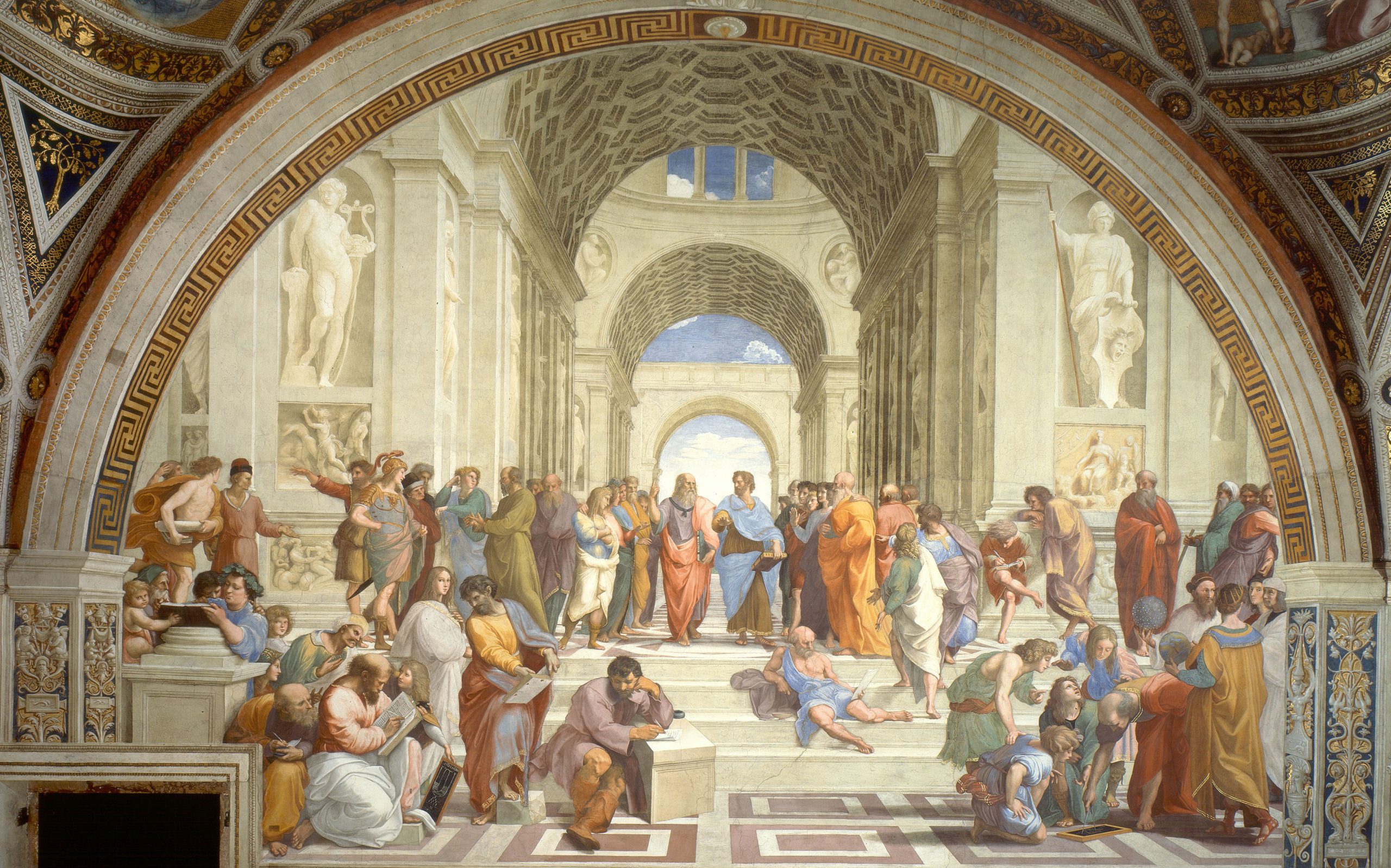
Greek mythology has significantly shaped many aspects of Western civilization, including our modern democratic systems. In James’s book, under the pen name and brand name Sophia Weiss, “Ancient Greek Mythology and Its Influence on Western Civilization,” Sophia Weiss explores how the democratic principles of ancient Greece, inspired by mythological tales, continue to influence our political systems today.
The roots of democracy can be traced back to the ancient city of Athens, where mythological stories deeply influenced the concept of governance. The assembly of gods, often depicted in various myths, resembles the democratic gatherings of Athenian citizens. These divine councils provided a model for earthly decision-making, suggesting that communal deliberation was both a civic and divine duty.
Key mythological figures, such as Athena, the goddess of wisdom, and Theseus, a legendary king of Athens, played pivotal roles in shaping the ideals of justice, equality, and civic duty. Athena, known for her wisdom and fairness, was considered a protector of the city and a symbol of just governance. On the other hand, Theseus was celebrated for his efforts to unite the people and establish laws promoting equality and justice.
The Agora in Athens was more than just a marketplace; it was a hub of democratic activity. Citizens gathered to discuss and debate laws and policies, much like the gods deliberated in their assemblies. These gatherings were inspired by the mythological idea that justice and fairness were paramount and that all voices should be heard in the pursuit of the common good.
Greek myths frequently illustrated the virtues and flaws of leaders, offering insightful teachings on ethical leadership. For instance, the tale of King Narcissus, whose vanity resulted in tragic consequences, underscores the perils of arrogance and underscores the significance of humility and justice in governance. These narratives underscored the notion that authentic leaders prioritize the welfare of their communities above their own interests.
Many principles of modern democracy, such as the rule of law, equality before the law, and the importance of civic participation, have their roots in ancient Greek mythology. These myths provided a moral and ethical framework that continues to influence our political systems today. By understanding these mythological foundations, we can better appreciate the values that underpin our democratic institutions.
Greek mythology has left an indelible mark on the development of democratic ideals and practices. Sophia Weiss’s book, “Ancient Greek Mythology and Its Influence on Western Civilization,” offers a comprehensive exploration of how these ancient stories continue to shape our modern world. By delving into these myths, we gain a deeper understanding of the ethical and moral principles that guide our democratic systems.
Discover how the ancient myths of Greece continue to influence modern democracy by exploring Sophia Weiss’s insightful book. Learn about the timeless values of justice, equality, and civic duty that are as relevant today as they were in ancient times.